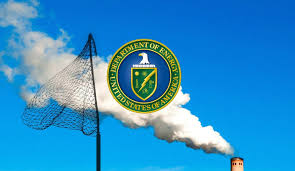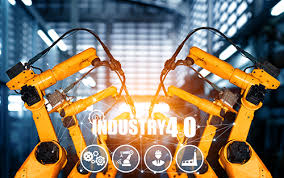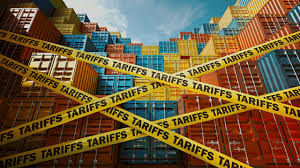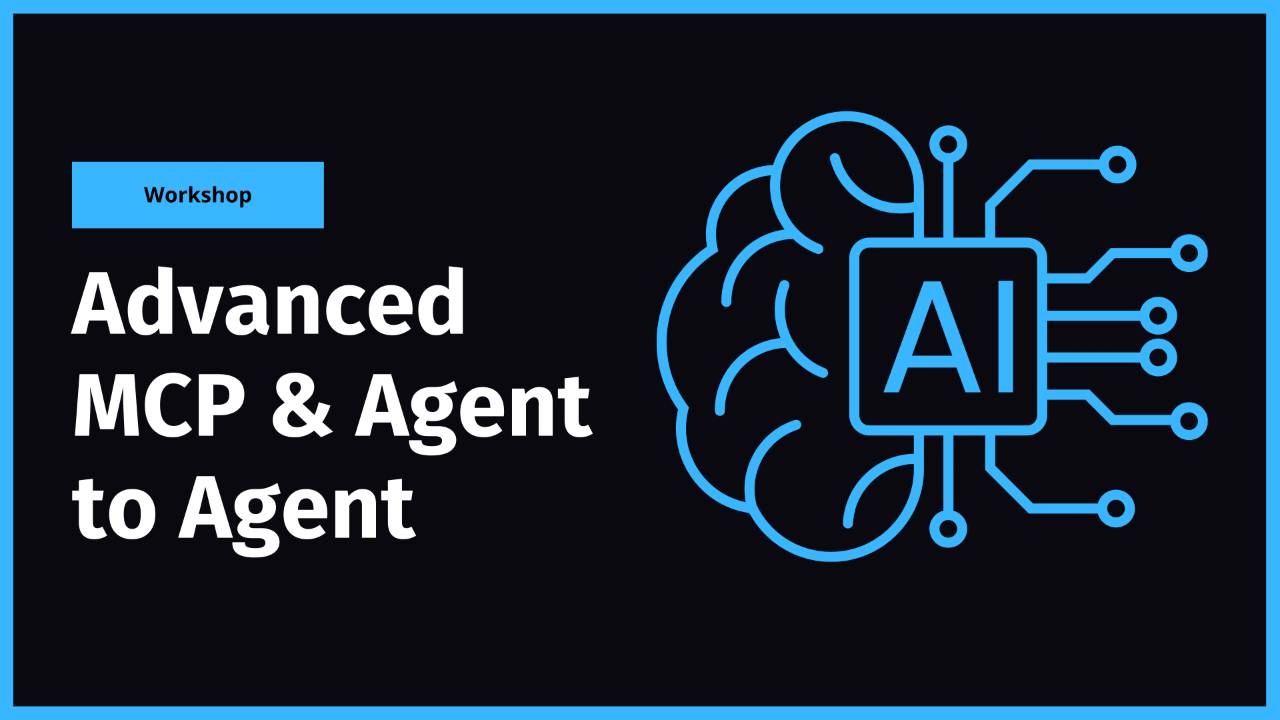4 Things Industry 4.0 10/27/2025

Presented by

Happy October 27th, Industry 4.0!
Manufacturing is having a bit of an identity crisis. On one hand, Merck just broke ground on a $3 billion pharmaceutical manufacturing hub that screams “future-ready.” On the other, the DOE just pulled back over $700 million in clean-tech manufacturing grants—sending shockwaves through startups that bet on policy stability.
Meanwhile, the Industry 4.0 market itself is ballooning toward $750 billion by 2030, reshoring momentum is building thanks to tariffs, and automation is proving (again) that the real power in manufacturing isn’t policy—it’s execution.
This week, we’re talking about what happens when the funding stops, the factories keep building, and Industry 4.0 has to prove it can stand on its own two robotic legs.
DOE Cuts Over $700 Million in Manufacturing Grants, Disrupting Clean-Tech Supply Chains

The U.S. Department of Energy (DOE) announced it is canceling grants totaling approximately $720 million for domestic manufacturing projects in battery materials, lithium-ion recycling, and advanced building components. The affected awards were granted under the 2021 Bipartisan Infrastructure Law and included funding to firms such as Ascend Elements, Anovion, ICL Specialty Products and LuxWall. The DOE said the projects were terminated because they “did not adequately advance the nation’s energy needs,” failed to meet milestones, or lacked sufficient return on investment. The move comes amid a broader review of more than $20 billion in federal manufacturing and clean-energy awards.
Merck Breaks Ground on $3 B Small-Molecule Manufacturing Hub in Virginia

Merck & Co., Inc. has started construction on a new $3 billion, 400,000-square-foot facility in Elkton, Virginia—its “Center of Excellence for Pharmaceutical Manufacturing” for active pharmaceutical ingredients and small molecule drug products. The site is projected to generate more than 500 full-time jobs and up to 8,000 construction roles, contributing to Merck’s broader strategy of investing $70 billion in U.S. manufacturing and R&D initiatives. The investment underscores the company’s commitment to scaling domestic production, fortifying supply-chains, and supporting advanced manufacturing capabilities in the Life Sciences sector.
Global Industry 4.0 Market Set to Explode with $260 Billion Value by 2025

The global Industry 4.0 Market—encompassing technologies like IIoT, AI/ML, industrial robotics, and edge computing—is forecast to reach approximately $260.4 billion in 2025 and grow to around $747.4 billion by 2030, at a compound annual growth rate (CAGR) of about 23.5%. Key drivers behind this surge include increased adoption of connected devices, smart factories, and data-driven operations. The manufacturing sector currently holds the largest share, though verticals such as healthcare, energy, and automotive are ramping up adoption. The report also highlights that software and services are gaining share, reflecting the growing complexity of integration, lifecycle support, and consulting in implementation.
Sponsor Message

MaestroHub is a next-generation industrial data platform enabling manufacturers to unify, contextualize, and orchestrate their operations data. Founded in Turkey with a growing global presence, MaestroHub bridges OT and IT environments through a Unified Namespace (UNS)-based approach, empowering companies to reduce costs, optimize energy use, and improve yield. MaestroHub provides a scalable solution for both mid-sized facilities and large enterprises. Learn More Here: https://maestrohub.com
Tariff Tailwinds Fuel Reshoring Momentum—But Skills & Tech Still King

Manufacturers and policy watchers gathered under the banner of Reshoring Institute and Women in Manufacturing to explore how tariffs are shaking up production strategies, yet automation and workforce readiness remain the real differentiators. Many executives stressed that while tariff shocks may prompt near-term relocations or reshoring efforts, only investments in skills development, digital tools, and operational flexibility guarantee sustained competitiveness in the U.S.
Learning Lens

Advanced MCP + Agent to Agent: The Workshop You've Been Asking For
If you've been building with MCP and wondering how to take it to the next level—multi-server architectures, agent orchestration, and distributed intelligence—this one's for you.
On December 16-17, Walker Reynolds is running a live, two-day workshop that goes deep on Advanced MCP and Agent2Agent (A2A) protocols. This isn't theory—it's hands-on implementation of the patterns that enable collaborative AI systems in manufacturing.
Here's what you'll build:
- Multi-server MCP architectures with server registration, authentication, and message routing
- Agent2Agent communication protocols where specialized AI agents collaborate to solve complex industrial problems
- Production-ready patterns for orchestrating distributed intelligence across factory systems
The Format:
- Day 1: Advanced MCP multi-server architectures (December 16, 9am-1pm CDT)
- Day 2: Agent2Agent collaborative intelligence (December 17, 9am-1pm CDT)
- Live follow-along coding + full recording access for all registrants
Early Bird Pricing: $375 through November 14 (regular $750)
Whether you're architecting UNS environments, building agentic AI systems, or just tired of single-server MCP limitations, this workshop gives you the architecture patterns and implementation playbook to scale.
Why it matters: MCP is rapidly becoming the backbone for connecting AI agents to industrial data. Understanding how to orchestrate multiple servers and enable agent-to-agent collaboration isn't just a nice-to-have—it's the foundation for autonomous factory operations.
Byte-Sized Brilliance
The First Industrial Robot Was Named “Unimate”
In 1961, General Motors installed the world’s first industrial robot—a 4,000-pound arm called Unimate—on its New Jersey assembly line. Its job? Lifting hot die-cast metal parts and stacking them, a task too dangerous for human workers. Unimate was the spark that launched the era of industrial automation, paving the way for today’s advanced robotics, cobots, and AI-driven manufacturing systems.
|
|
|
|
|
|



Responses